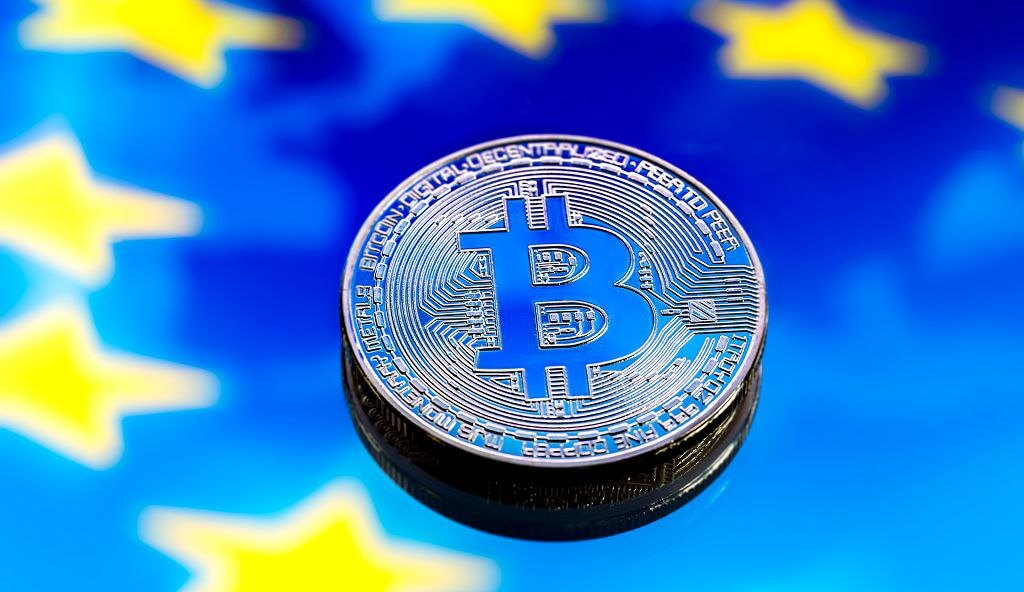The European supervisory authorities—ESMA (European Securities and Markets Authority), EBA (European Banking Authority), and EIOPA (European Insurance and Occupational Pensions Authority)—have issued a joint warning to investors: not every crypto asset or service falls under the protections of the EU’s MiCA framework.
While MiCA (Markets in Crypto-Assets Regulation) aims to create a comprehensive legal structure for crypto services across the European Union, gaps remain. Some crypto projects, especially those issued outside the EU or operating in unlicensed jurisdictions, are not fully regulated, leaving investors exposed to a variety of risks.
Key Risks Highlighted by Regulators
- Market Volatility – Crypto assets are inherently volatile, and prices can swing sharply within minutes, potentially resulting in significant financial losses.
- Fraud and Scams – Investors should remain cautious of fraudulent schemes, fake tokens, and unlicensed platforms. Regulatory protection under MiCA only applies to licensed entities within the EU.
- Limited Transparency – Certain crypto products may lack clear disclosures about operational mechanisms, fees, or underlying technology, making it difficult for users to assess risk accurately.
Recommendations for Investors
- Check Licenses: Always confirm whether a crypto service provider is licensed under the MiCA framework or any other recognized EU authority.
- Assess the Platform: Look for verified platforms with clear governance, audited smart contracts, and transparent operational procedures.
- Exercise Caution with New Tokens: Newly launched crypto assets, particularly those without an EU license, should be approached carefully, as regulatory safeguards may not apply.
Why This Matters
The warning underscores a critical reality for European crypto users: regulatory coverage is not universal. While MiCA provides a strong foundation for market integrity and consumer protection, gaps remain, particularly for cross-border platforms and tokens issued outside the EU.
Investors are encouraged to stay informed, perform due diligence, and adopt risk management strategies to safeguard their assets. Regulatory authorities are likely to increase scrutiny over time, but until all crypto service providers comply with EU standards, vigilance remains essential.


